
Posted on April 25, 2018
Malaria is a vicious disease that is Africa’s leading cause of death among children under the age of five. Millions of people in Africa are infected with it and 90% of the world’s reported cases occur on the continent.

Posted on April 17, 2018
Up to 70% of households in rural settlements across South Africa are food insecure.
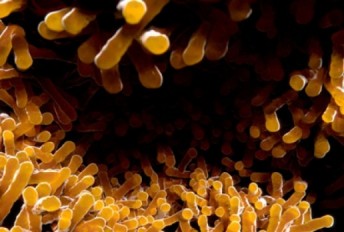
Posted on March 26, 2018
Tuberculosis (TB) kills more people every year than HIV/AIDS or any other single infectious agent. This statistic seems criminal considering that if the disease is diagnosed and treated timeously, most patients can be cured. Diagnosis and treatment.
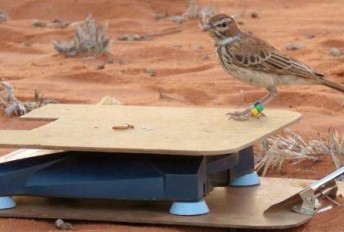
Posted on February 22, 2018
Prof Andrew McKechnie of the Department of Zoology and Entomology was recently awarded the South African Research Chair in Conservation Physiology.
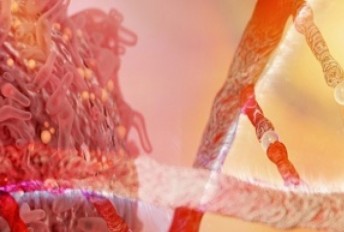
Posted on February 09, 2018
Most people have, in some way or other, been affected by cancer, whether through the loss of a loved one or a personal fight against the big C, a dreaded and often incurable disease.

Posted on January 24, 2018
A team of South African researchers which includes researchers from the University of Pretoria (UP) recently completed a study aimed at unlocking the unique genetic character of southern African populations.

Posted on January 01, 2018
The smallest floral kingdom in the world is a rather big deal – and it is only found in South Africa. Fynbos, the natural hard-leafed shrubland vegetation located in the Western Cape and Eastern Cape provinces, makes up 80% of plant species in this kingdom, and the area has been named a...

Posted on January 01, 2018
Needless to say, without bones in our bodies, we would not be able to survive. Bones provide support, give bodies shape, provide protection to other systems and organs, provide attachments for muscles, and contain the bone marrow where blood cells are produced.

Posted on December 07, 2017
The Centre for Communication and Reputation Management at the University of Pretoria commissioned Ask AfriKa (South Africa's largest independent research company) and Infusion Knowledge Hub to explore the views of ordinary citizens regarding corruption and state capture.

Posted on December 05, 2017
The Progress in International Reading Literacy Study (PIRLS) 2016 report paints a disturbing picture of primary school reading literacy in South Africa, with no significant progress nationally since the last report in 2011.

Posted on November 28, 2017
The Centre For Maternal, Fetal, Newborn and Child Health Care at the University of Pretoria has announced that it will join the World Health Organization (WHO) Global Maternal and Neonatal Sepsis Initiative, which aims to accelerate the reduction of preventable maternal and neonatal deaths...

Posted on November 21, 2017
Forests are living habitats that contain life in all its incredible forms. Towering trees create canopies that are home to an array of species – many of which are found only in the forests they occupy.

Posted on November 08, 2017
Researchers at the University of Pretoria form part of the Kalahari Meerkat Project in the Northern Cape's Kuruman River Reserve, which has studied groups of wild meerkats for over 20 years.

Posted on November 01, 2017
Africa has one of the highest burdens of infectious diseases of humans and animals. Zoonotic diseases – those transmitted from domestic and wild animals to humans – annually cause 2,2 million deaths and 2,4 billion cases of human illness worldwide.

Posted on November 01, 2017
UP researchers have been working with the South African government to collect data on mother, newborn and child deaths across the country since 1997.
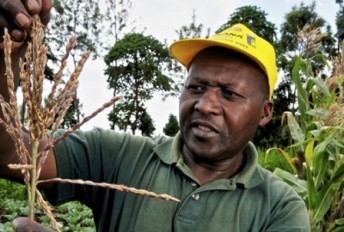
Posted on October 20, 2017
A local bacteria that grows around plant roots could help SA farmers save money by improving maize yields and reducing crop water stress. According to researchers at the University of Pretoria’s (UPs) Department of Plant and Soil Science, this environmentally-friendly agricultural solution...
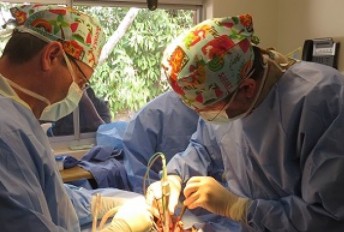
Posted on October 13, 2017
In what is regarded as a first of its kind, a group of South African veterinarians, together with a maxillofacial surgeon, succeeded in surgically lengthening the misaligned jaw of an adult male chimpanzee.
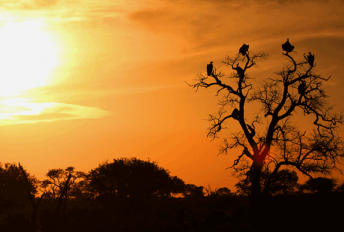
Posted on October 11, 2017
The drug known as carprofen, which was found to be toxic to vultures, belongs to the same family of drugs as diclofenac and meloxicam.
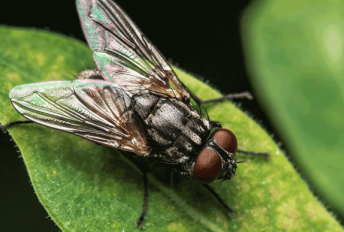
Posted on October 11, 2017
Global population growth and migration from rural areas to cities has resulted in human settlements being concentrated in urban areas.

Posted on October 04, 2017
Prof Robert Pattinson started his career in medicine working in a mission hospital in KwaZulu-Natal in the late 1970s. The doctor in charge was an old man suffering from Parkinson's disease.
Copyright © University of Pretoria 2025. All rights reserved.
Get Social With Us
Download the UP Mobile App